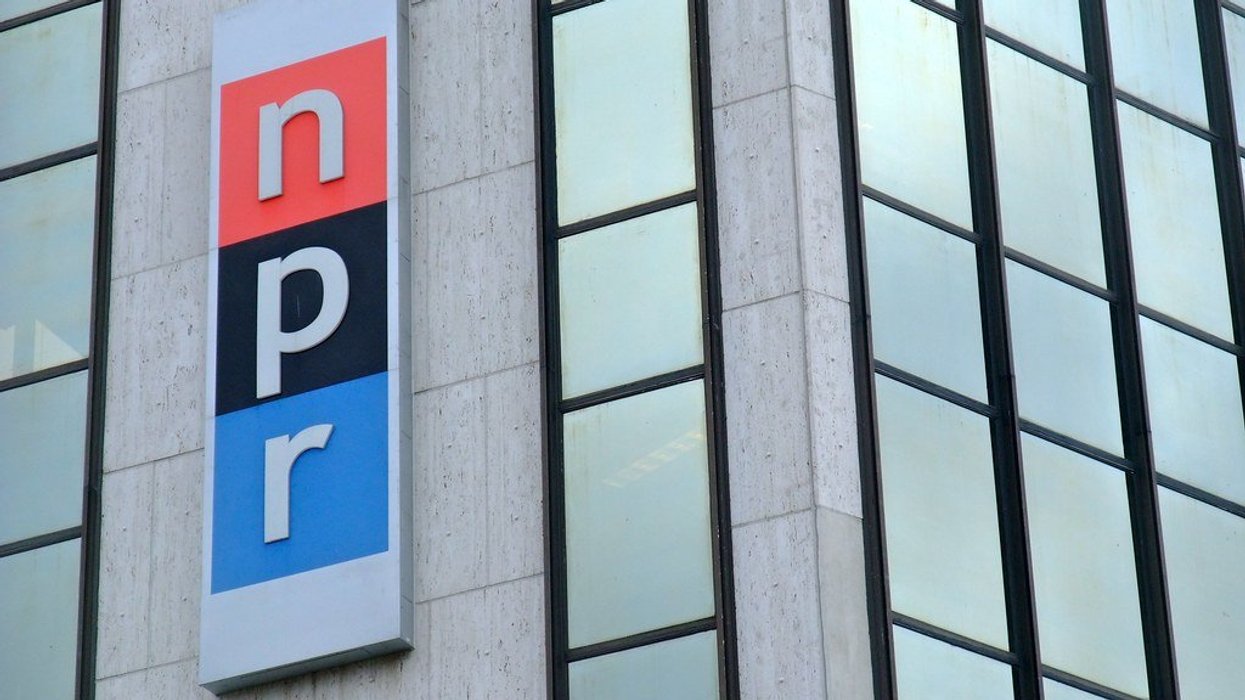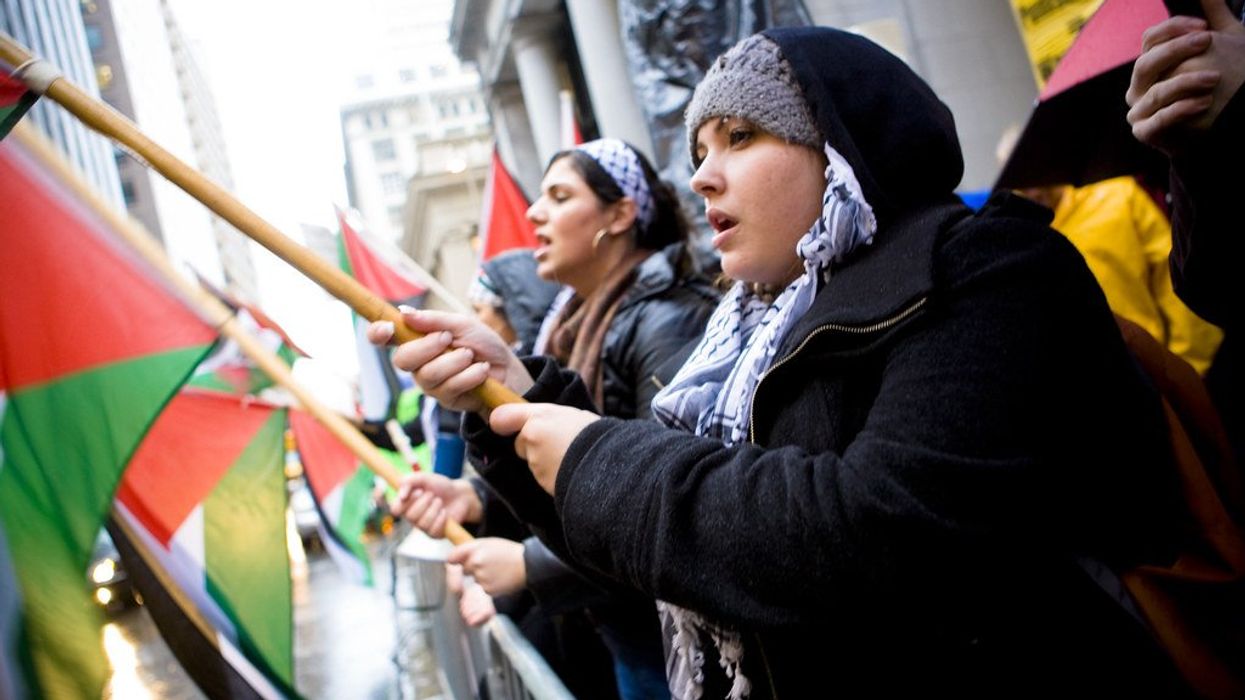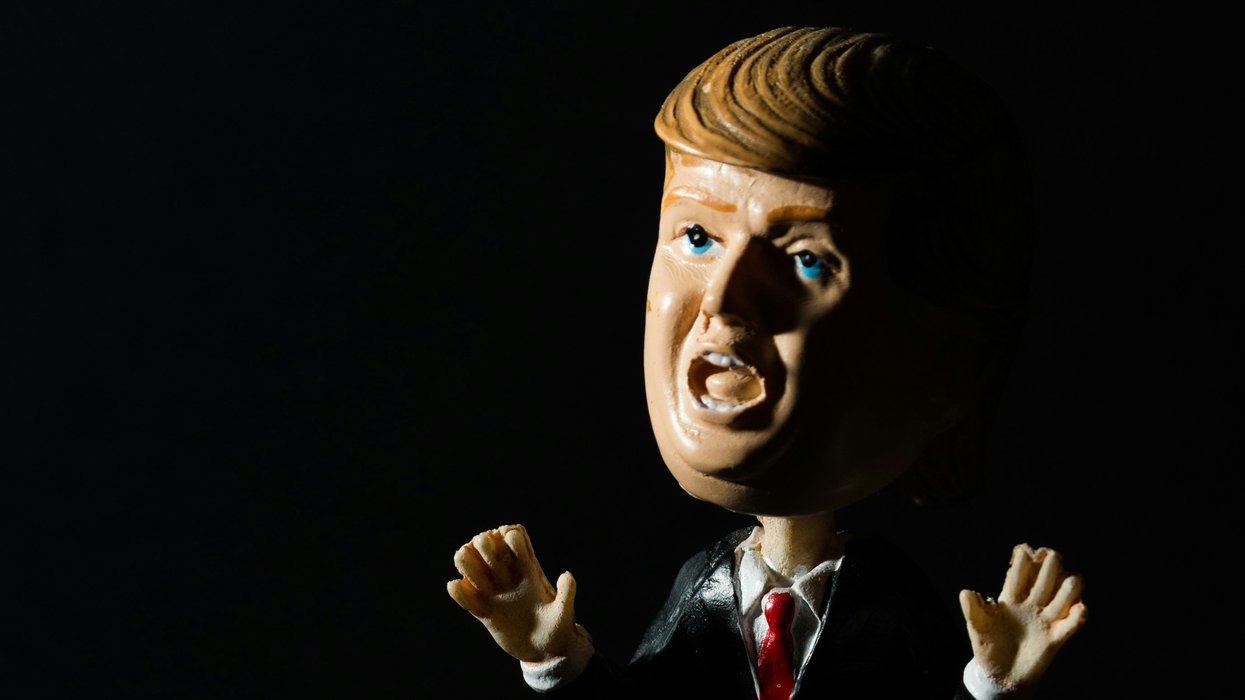Organizers of voter registration drives and civil rights advocates are furious over a new Tennessee law that could lead to fines for groups submitting too many erroneous registration forms.
They say the measure signed last week by GOP Gov. Bill Lee, likely the first of its kind in the country, discourages minorities and college students from taking part in democracy. A federal lawsuit filed immediately after the signing said the statute, which makes it a misdemeanor to submit more than 100 incomplete forms, could force registration groups to scale back or shut down those services in the state.
But some also say they won't let it turn them around. "I just can't see us saying, 'Well, we're not going to any longer register people to vote,'" Terri Freeman, president of the National Civil Rights Museum in Memphis, told The Associated Press.
Republican Secretary of State Tre Hargett argued that tacking on penalties would be crucial for election security. His office said many of the 10,000 registrations submitted in and around Memphis last year by the Tennessee Black Voter Project on the last day for registering were filled out incorrectly.
In this decade 25 states have passed voting restrictions, according to The Brennan Center for Justice at NYU's School of Law. Experts say the pace accelerated in some states after the 2013 Supreme Court decision set aside a key provision of the Voting Rights Act that compelled states and counties with a history of discrimination to get advance Justice Department approval for any changes to election law




















